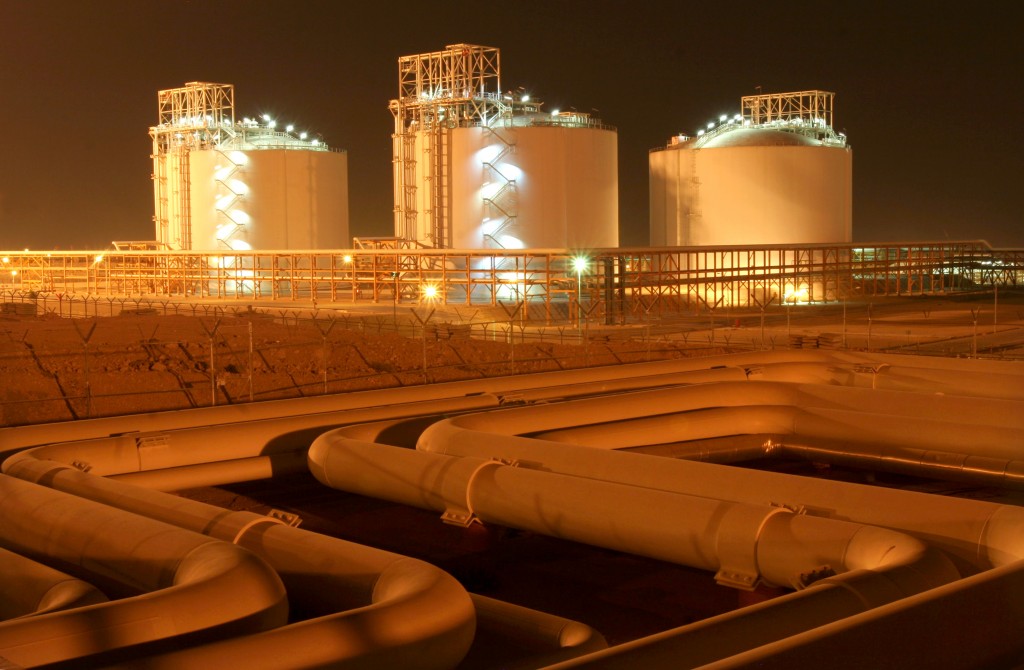Iran has chosen not to attend a meeting between OPEC and non-OPEC member countries about freezing oil output levels in Qatar on Sunday, Reuters cited two sources close to the matter.
Markets have been flooded with glut, leaving producers struggling with low oil prices, yet unwilling to cede market share by cutting output.
Instead, OPEC members Saudi Arabia, Qatar and Venezuela reached a preliminary agreement with Russia in February to freeze production at January levels.
They will seek support for that deal from other producers at Sunday’s meeting in Doha, Qatar.
Iran’s oil minister had not been scheduled to attend, but Tehran was due to send Iran OPEC Governor Hossein Kazempour Ardebilli, oil ministry news agency Shana reported on Friday.
Iran’s deputy oil minister said on Saturday that the country “saw no reason” to join the talks because it needs to hit the level it produced before international sanctions were imposed against Tehran.
Iran has said it supports the freeze but would not join it until it raises its output and market share to their pre-sanctions levels.
Sanctions imposed by the United States and other world powers were lifted in January in return for Tehran agreeing to long-term curbs on its nuclear program.
But Iran continuing to raise its oil output will undermine efforts to rebalance the market in 2016, a Reuters poll of oil analysts showed this week.
Its production has already surpassed 3.5 million barrels per day (bpd) and exports are set to reach 2 million bpd next month, Iran’s deputy oil minister was quoted as saying by state news agency IRNA on Saturday.
Nevertheless, with all complications, a Russian official believed it was possible to reach a deal in Doha to freeze oil output, regardless of Iran.
Saudi Arabia has reiterated its stance on not restraining its oil production unless other producers, including Iran, agree to freeze output at a meeting this weekend in Doha, the kingdom’s deputy crown prince said.
“If all major producers don’t freeze production, we will not freeze production,” said Prince Mohammed bin Salman, 30, who has emerged as Saudi Arabia’s leading economic force. “If we don’t freeze, then we will sell at any opportunity we get.”
“If prices went up to $60 or $70, that would be a strong factor to push forward the wheel of development,” Prince Mohammed said. “But this battle is not my battle. It’s the battle of others who are suffering from low oil prices.”
Prince Mohammed also said that Saudi Arabia isn’t worried because “we have our own programs that don’t need high oil prices.”
The prince also drew attention to the amount of spare capacity that the kingdom could bring to the market, underlining its pivotal role in global oil markets.
Saudi Arabia could increase output to 11.5 million barrels a day immediately and go to 12.5 million in six to nine months “if we wanted to,” Prince Mohammed bin Salman, who is also Chairman of the Supreme Council of Saudi Arabian Oil Co., said in an interview Thursday.
